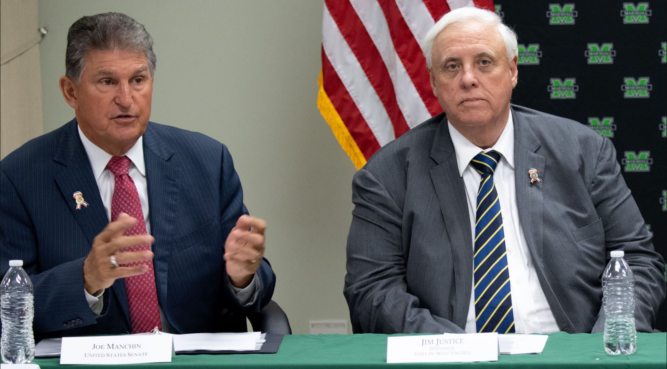Beginning this Autumn, Kevin Frazier will join the Crump College of Law at St. Thomas University as an assistant professor. He is presently a clerk at the Supreme Court of Montana.
A republican government is predicated on the premise that the public’s virtues and, in particular, the virtues of elected officials will surpass humanity’s “degree of depravity.” In other words, according to Federalist Paper No. 55, morality is the foundation of a representative government.
The Founders did not hesitate to address morality and politics together. Political leaders of the Revolutionary Age devised checks to facilitate the removal of dishonest, immoral, or corrupt authorities in the event that they were elected. Pennsylvanians and Vermonters, for instance, established Councils of Censors to evaluate whether the legislative and administrative departments of government fulfilled their responsibility to protect the populace. These violations might result in censure and impeachment.
At some point, the people ceased believing that politicians were more moral than the rest of the population. Many today view politics as a place where mudslinging trumps deliberation, where the potential of more power in the hands of fewer persons trumps the possibility of human perfection, and where those most prepared to surrender their principles will have the easiest time advancing. Two-thirds of Americans believe that the statement “most politicians are corrupt” accurately represents the United States, according to a Pew Research Center survey conducted in 2020. Our democracy has been undermined by the impression of corruption.
The lack of virtue in the political sphere is a significant issue. The transformation of politics into a WWE match makes it simpler for opponents of any law to doubt the motives of the law’s proponents and, consequently, the validity of the law and our whole system of government. Note that the same Pew survey from 2020 that indicated the public’s concerns about corruption also revealed the public’s growing desire to radically overhaul our current structure. More over two-thirds of Americans felt that the U.S. political system required “substantial” reforms, while a small minority, around one-fifth, said that our political system required a total overhaul.
Luckily, the Council of Censors of the past give an example for how to control unscrupulous politicians in the present. The Pennsylvania Council of Censors was comprised of twenty-four persons elected from districts around the state. Councilors served single terms of seven years. As previously stated, the Council might reprimand public officials and order their impeachment, as well as suggest the repeal of laws and, if necessary, call for a Constitutional convention.
A contemporary enhancement to this Council would be to abolish the election of Councilors and depend instead on a stratified random sampling to pick a representative body of the people to judge the conduct of their authorities. A selection procedure resembling a lottery would lessen the likelihood of party bias affecting Council decisions and increase the credibility of the Council as a result of its diverse perspectives and backgrounds. Whether a contemporary Council should have the same authority as those in Pennsylvania and Vermont is the subject of a separate article. At the very least, the Council should assess whether or not elected officials stray too far from the public’s view of virtue.
It is natural to oppose combining morality with government. Who, after all, determines whose morality serve as the basis for evaluating what constitutes “good” political behavior? Others may justifiably worry that an emphasis on refining the character of individuals and enhancing their morality may allow religious thought to have excessive influence. Others may argue that an emphasis on morality and virtue would further draw the nation into cultural wars, limiting our capacity to fight on other critical fronts such as income disparity, climate change, and mistrust of democratic institutions. There is another reason why a random sampling of common persons is the ideal way; various Councilors would represent the community’s views and morals.
Politics has a place for virtue. It should not be difficult to find ethical leadership in Washington, D.C. or in any state capital. The modern implementation of Councils of Censors might reinvigorate an old belief: that politics can and will bring out the finest in our community.

